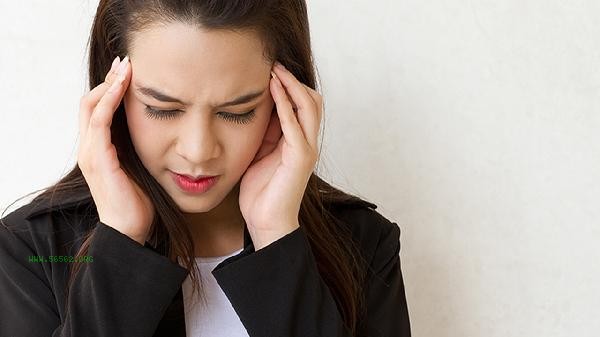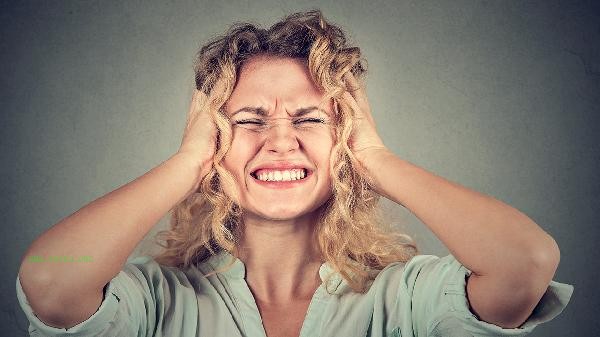Supplementing male hormones during menopause has a certain effect, but it is necessary to strictly follow medical advice for evaluation and use. Male menopause is usually associated with a decrease in testosterone levels, which may result in symptoms such as fatigue, emotional fluctuations, and decreased sexual function. Supplementing testosterone during male menopause can improve typical symptoms caused by hormone deficiency. For patients diagnosed with low testosterone levels and accompanied by obvious symptoms through blood testing, hormone replacement therapy under the supervision of a doctor can help alleviate problems such as decreased physical fitness and cognitive function. Before treatment, contraindications such as prostate cancer and severe heart disease should be excluded, and blood indicators and prostate health status should be regularly monitored. Under standardized treatment, some patients can recover muscle strength, improve emotional state, and sexual desire levels. Not all menopausal men are suitable for supplementing testosterone. If there is no clear evidence of hormone deficiency, blind supplementation may increase the risk of prostate hyperplasia, red blood cell count, and other conditions. Mild symptoms are recommended to be improved through lifestyle adjustments such as regular exercise and balanced diet. Excessive use of exogenous hormones may also inhibit testosterone secretion, leading to testicular atrophy or decreased fertility. Individuals with sleep apnea and abnormal liver function require more careful evaluation.

Comprehensive measures should be taken to regulate male menopause. It is recommended to maintain at least 150 minutes of moderate intensity exercise per week, with a focus on resistance training to maintain muscle mass. Add zinc rich foods such as oysters and nuts to your diet, and supplement with vitamin D in moderation. Avoid staying up late for a long time and excessive alcohol consumption, and regularly undergo bone density and cardiovascular health checks. If persistent symptoms occur, one should seek medical attention at the endocrinology department and undergo professional evaluation to determine whether medication intervention is necessary. Do not self medicate hormone products.






Comments (0)
Leave a Comment
No comments yet
Be the first to share your thoughts!